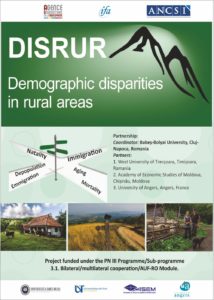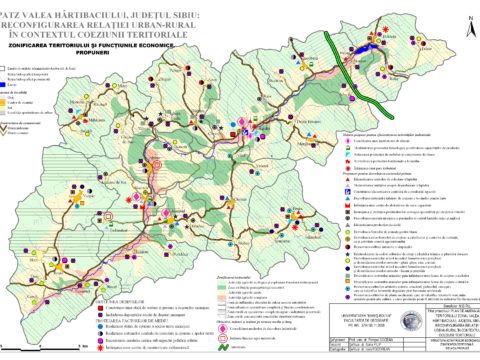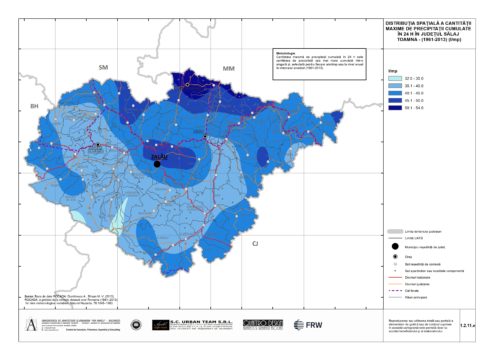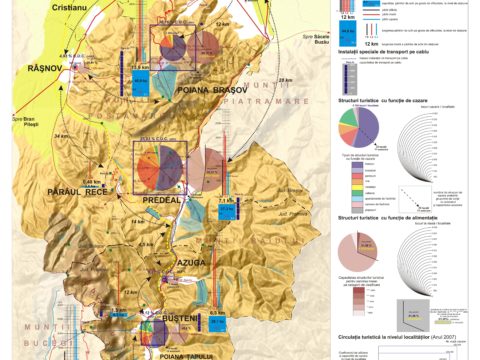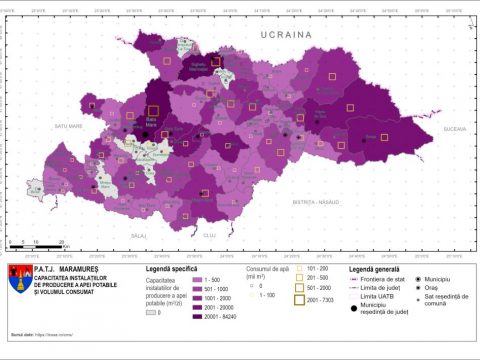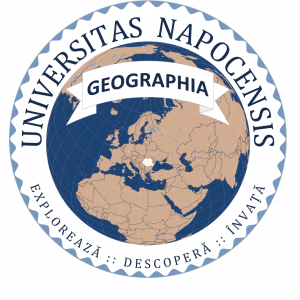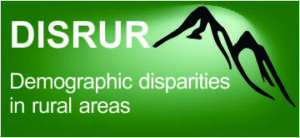 2016-2017 – DEMOGRAPHIC DISPARITIES IN RURAL AREAS
2016-2017 – DEMOGRAPHIC DISPARITIES IN RURAL AREAS
Code: DISRUR/14-AUF
Project funded under PN III Programme/ Sub-programme 3.1. Bilateral/multilateral/ Module AUF-RO
Implementation Period: August 2016 – October 2017
Project Budget: 67,388 RON
Contracting Authority: Institute for Atomic Physics (Institutul de Fizică Atomică – IFA)
Partners
- Project coordinator: Babeş-Bolyai University, Centre for Regional Geography, Cluj-Napoca (Romania)
- Partner universities: West University of Timişoara, Centre for Regional Development, Cross-border Studies and Territorial Planning, Timişoara (Romania); Academy of Economic Studies of Moldova, Chişinău (Republic of Moldova); Université d’Angers, ESO-Angers-CNRS, Angers (France)
About the project
DISRUR represents a complex international project of inter-university collaboration, with a strong interdisciplinary character. Its impact materializes into a joint working methodology, a complex database, results recognized nationally and internationally, transfer of knowledge and best practice models, and new prospects of academic collaboration, or with other institutions, on similar topics. DISRUR project aims to become a scientific, objective support for decision makers in policies and documents on alleviating regional disparities.
Objectives
The general objective of the project is to develop recommendation guidelines on alleviating demographic disparities in the Romanian rural areas, focused on the Poiana Ruscă Mountains. Subscribing to the provisions of the existing European and national documents, the specific objectives of the project include identifying the rural demographic gaps existing in the analysed areas, highlighting the local communities’ perception on demographic disparities, identifying some feasible solutions, including the proposal of recommendations to alleviate demographic disparities in rural areas, and raising the awareness of the academic and local community on the consequences of perpetuating these social phenomena.
Planned phases and activities
In order to ensure the interdisciplinarity of the created partnership and the transfer of best practice models from the partner states, three distinct work phases were established, each of them focused on a specific type of activity, as follows:
Phase I. Diagnostic analysis of the rural areas in terms of demographic disparities
I.1. Theoretical and methodological benchmarks on rural demographic disparities
I.2. Diagnostic analysis of some rural areas by addressing demographic disparities
I.3. Field research
Phase II. Best practices on alleviating regional disparities in rural areas
II.1. Identification of best practices in the European area on alleviating demographic disparities in rural areas
II.2. Elaboration of recommendations on alleviating demographic disparities in rural areas
Phase III. Dissemination of DISRUR project results
III.1. Elaboration and dissemination of studies
III.2. Elaboration of progress and final reports
Results
The expected results include scientific papers published in nationally and internationally recognized journals (indexed in Web of Science and in other international databases), presentation of results in conferences in the field, promotion of project results in mass media, and a guide with recommendations for reviving rural areas affected by demographic disparities.
Abstract
In line with the proposed general objective, the DISRUR project has materialized the proposed activities and part of the research results in the elaboration of recommendation guidelines on the development of the depopulation phenomenon in the Poiana Ruscă Mountains, by presenting the European and local context, including the identification of causalities and effects in the territory, and the specification of intervention recommendations for some of the mountain villages. This guidebook will be mainly disseminated to the stakeholders with decision-making power or with willingness to engage in local development. A diagnostic analysis of the European rural areas, in general, and of the French, Romanian and Moldavian areas, in particular, was carried out in order to elaborate the guidebook and to highlight the main aspects proposed by the project theme. The analysis was based on concrete actions such as the consultation of bibliographic resources, of legislation and cartographic materials, representative for the project issues, creation of the database, demographic data collection and interpretation, cartographic representations and mapping of the spatial distribution of some analyzed indicators. The pronounced downward population trend, amplified by ageing phenomena, migration, and the increase in the economic dependency ratio are relevant at the level of the Romanian rural areas, implicitly for the area under analysis, the Poiana Ruscă Mountains, as well as for the Moldavian rural areas. The lack of cohesion between the European policies encouraging the consolidation of a local mountain economy, less focused on repopulation measures, and the national or the local measures applied in the analyzed territory is the main reason why the viability of settlements is now questioned. On the other hand, the on-site documentation and the complex sociological survey have led to the quantification of important statistical data, much closer to reality than the officially declared ones, but also of qualitative data meant to capture the still existing inhabitants’ perception of the quality of life in the mountain settlements, the problems they face and the possible solutions applicable to some of these villages.
The results of the research have materialized in two directions: on the one hand, they were capitalized in publications and papers presented in scientific events, on the other hand, they were addressed to the public. Mass media materials published in local, national or online press were meant to sound the alarm on the state of the analyzed mountain settlements.
The exchange of know-how among the researchers of the consortium creates the premises for future collaborations, either in the form of inter-country mobility or by accessing other funding sources that can support a continuation of the research or the approach of a similar subject.
Contact persons Professor Pompei COCEAN Professor Nicolae POPA Associate Professor Valeriu SAINSUS Associate Professor Emmanuel BIOTEAU |

